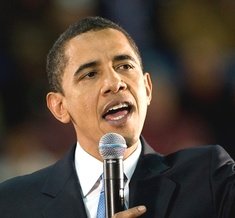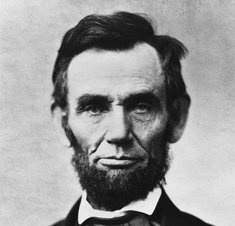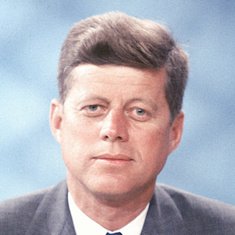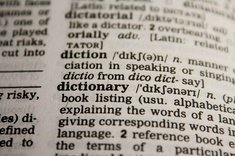Featured Quizzes
User Quizzes
Create Quiz
Data and Charts
Badges and Games
About JetPunk
JetPunk Shop
Dark Mode
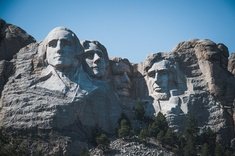
U.S. Presidents Random Quiz #2
Use the hint to identify the appropriate president. The same president may be the answer to multiple questions, and you will be given a different random selection of hints every time you take the quiz. Collect them all!
This quiz covers presidents #16 through #30.
Constructive criticism is welcome. Please rate this quiz. Subscribe to get a notification when I release a new quiz.
This quiz covers presidents #16 through #30.
Constructive criticism is welcome. Please rate this quiz. Subscribe to get a notification when I release a new quiz.
Rate:
Last updated: January 26, 2024
You have not attempted this quiz yet.
More quiz info >>
| First submitted | January 17, 2024 |
| Times taken | 22 |
| Average score | 80.0% | Report this quiz | Report |
15:00
Enter answer here
0
/ 20 guessed
Time Used
00:00
Best Time
00:00
The quiz is paused. You have remaining.
Scoring
You scored / = %
This beats or equals
% of test takers
also scored 100%
The average score is
Your high score is
Your fastest time is
Keep scrolling down for answers and more stats ...
|
Comments
No comments yet
New and Popular
Save Your Progress
History Quizzes
Quiz series by arjaygee
Copyright H Brothers Inc, 2008–2024
Contact Us | Go To Top | View Mobile Site


